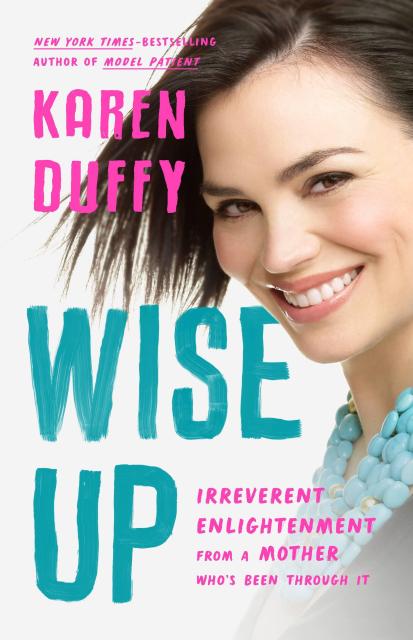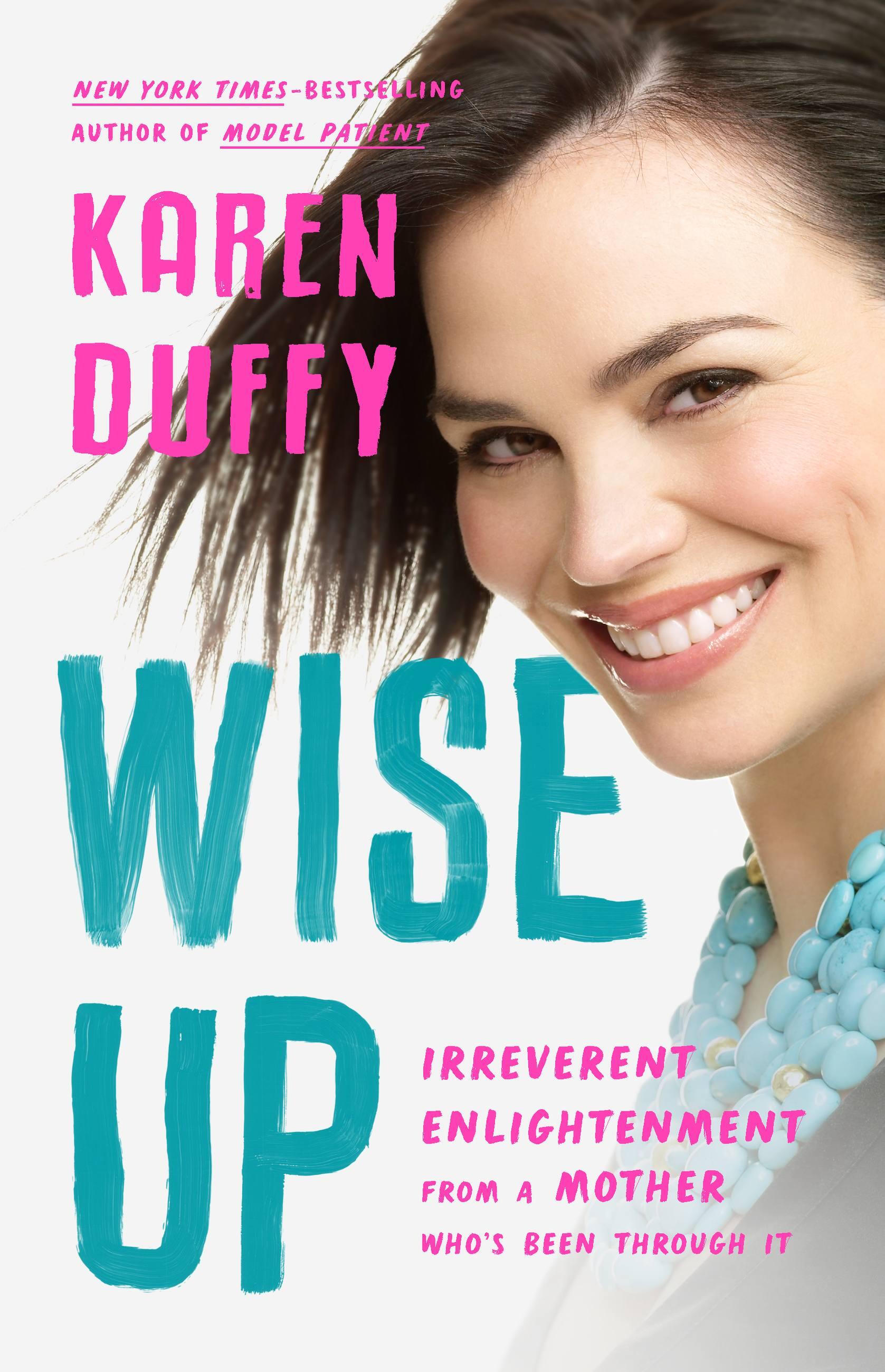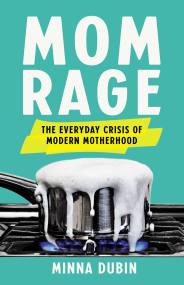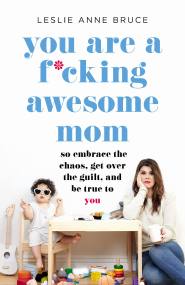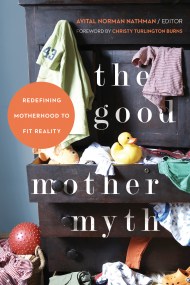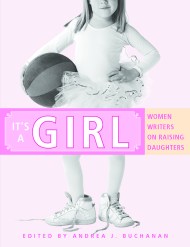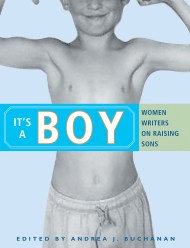By clicking “Accept,” you agree to the use of cookies and similar technologies on your device as set forth in our Cookie Policy and our Privacy Policy. Please note that certain cookies are essential for this website to function properly and do not require user consent to be deployed.
Wise Up
Irreverent Enlightenment from a Mother Who's Been Through It
Contributors
By Karen Duffy
Formats and Prices
- On Sale
- Apr 12, 2022
- Page Count
- 288 pages
- Publisher
- Seal Press
- ISBN-13
- 9781541620483
Price
$17.99Price
$22.99 CADFormat
Format:
- ebook $17.99 $22.99 CAD
- Hardcover $28.00 $35.00 CAD
- Audiobook Download (Unabridged) $24.99
This item is a preorder. Your payment method will be charged immediately, and the product is expected to ship on or around April 12, 2022. This date is subject to change due to shipping delays beyond our control.
Buy from Other Retailers:
A New York Times bestselling author shares wryly funny and heartwarming lessons on life, motherhood, and python attacks.
Named one of Oprah Daily’s 50 Most Anticipated Books of 2022
From becoming an iconic MTV VJ to starring in Dumb and Dumber to being diagnosed with a life-threatening disease, Karen Duffy has been through a lot. But it was only when she became a mother that she realized she had some pretty solid life lessons to pass down. In her new book, she offers advice on building a friend group that is weasel free, finding the love of your life, and determining how much to tip the waiter (as with everything—be generous!). With dry humor and maternal warmth, she shows how we all can learn from unexpected philosophers, even from Bulgarian dancing bears.
There are times in life when we should turn to the wisdom of great thinkers. And there are times when you need the kind of enlightenment that only a former Coney Island Mermaid Queen can give. Wise Up offers wisecracks—and some profound insights—in a unique book of parental inspiration.
-
Named a Best New Book by the New York Post
-
“These profound and inspiring life lessons are delivered as a series of letters to her son, and they are as erudite and as entertaining as the former MTV VJ herself.”Oprah Daily
-
"Idiosyncratic and highly entertaining."Air Mail (Staff Pick)
-
“Reading Wise Up put a smile on my face. This book will change lives. Duffy writes seriously important books that she doesn’t take too seriously. I guess that’s the secret. Read this book or you will miss it.”Bill Murray, comedian, actor, and sage of Hollywood
-
“Wise Up is a modern and hilarious interpretation of Stoic wisdom presented in compulsively readable letters. It is a captivating guide for living a life of purpose and leaves you with the unshakable belief that beautiful choices make a beautiful life.”Carole Radziwill, New York Times–bestselling author of What Remains and star of Real Housewives of New York
-
“I was blown away by Duffy’s prose—it inspired me and resonated in every bit of my soul. I was so immersed in this book that I cried and I laughed and I often had to pause to reflect. The world will be a better place when everyone reads this book.”Debi Mazar, actress, icon, and author of Extra Virgin
-
"What a beautiful gift Karen Duffy has given us, inviting us to peer over her shoulder as she addresses her teenage son. Never before has a life philosophy informed by the ancient Greeks been conveyed with such zany enthusiasm and delight in language. I laughed so hard I didn’t notice how much I was learning. This is a book that should be read by anyone who is a mother, and anyone who came from one."Beth Ann Fennelly, author of Great with Child
-
"Duff has a wonderful knack of putting Stoic wisdom into words. Wise Up is a masterclass in how to make people smile and pay attention while you're imparting lessons worth learning about some of the most important questions in life."Donald Robertson, author of How to Think Like a Roman Emperor
